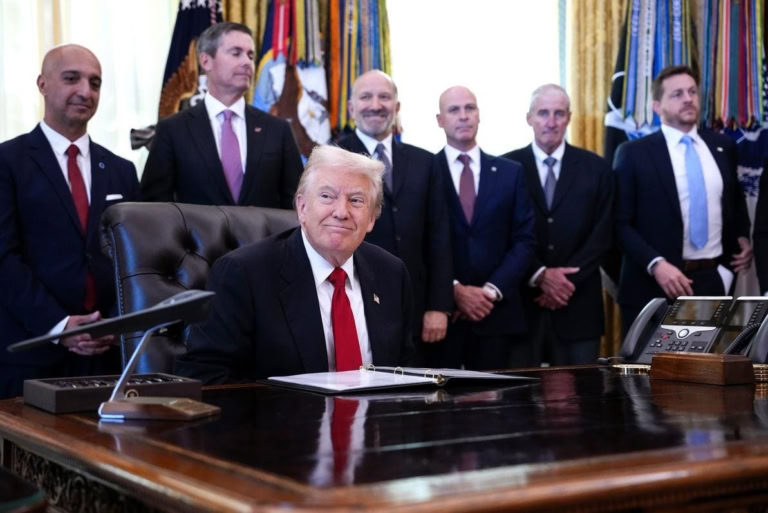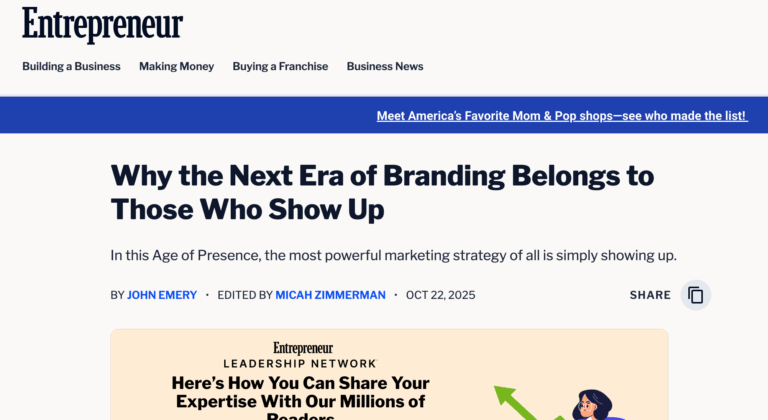With tools powered by OpenAI and Google Gemini, Dutch cuts admin time by 75%, doubling daily patient volume while giving vets their time—and sanity—back.
Joe Spector co-founded Hims, helped take it public, and built a billion-dollar telehealth brand. His second act? Turning pet care on its head.
Dutch is a veterinary telehealth platform built to modernize how care is delivered and accessed across the U.S.
With Dutch, the nationwide veterinary telehealth platform he launched in 2021, Spector is building a tech-first challenger to a stubbornly analog industry—one defined by burnout, access gaps, and high costs. His mission is personal: After a $4,000 urgent care bill when his dog ate a few chocolate M&Ms, Spector, who grew up in a low-income Russian immigrant household living on welfare, realized most families wouldn’t be able to afford a single $200 vet visit.
“In modest households like the one I grew up in, spending hundreds on a pet’s care just isn’t an option,” he says. “Dutch exists to democratize access—and make it radically more affordable.”
How Dutch Uses AI to Cut Vet Burnout and Double Productivity
This week, Dutch unveiled a suite of AI tools designed to combat one of veterinary medicine’s biggest problems: administrative overload. Integrated into Dutch’s proprietary EMR and powered by OpenAI and Google Gemini, the system reduces documentation time from 20 minutes to five—enabling vets to see twice as many pets per day.
The AI features span the full care journey: pre-visit summaries, live transcription, treatment plan generation, and personalized product recommendations. It’s not just smarter—it’s designed to be scalable.
“It’s transforming our consults and our teams,” says Spector. “And it’s just the beginning.”
Inside Dutch’s Full-Stack Veterinary Telehealth Platform
Dutch is now operational in all 50 states, with prescribing capabilities in 34. Since launch, the company has logged over 700,000 virtual visits, expanded into Rx delivery, and treats more than 150 conditions. Memberships start at $15/month and provide unlimited access to licensed vets.
Dutch also recently partnered with Ancestry to launch a DNA-based personalized dog health product, and with PetMeds to help the 50% of pet parents without a primary vet get timely access to prescriptions.
Joe’s connection to pet care runs deep—and personal. “When I was young, our family had a Rottweiler,” he recalls. “It was a very anxious dog. That was my first experience seeing how much behavioral issues can affect a pet’s—and a family’s—well-being.”
That early exposure shaped Spector’s conviction that understanding a dog’s temperament and behavioral predispositions is as essential as treating physical ailments. It’s part of why Dutch emphasizes behavioral health, and why its latest tools—like AI-powered care plans and DNA-based trait analysis—aim to give pet parents a fuller picture of their animal’s needs.
How Dutch Stands Out From Other VC-Backed Pet Health Startups
The pet health space is attracting venture capital, with players like:
- Scribenote – raised $8.2M to build AI-generated vet notes
- Petriage – raised $2.25M for B2B teletriage and monitoring
- VetRec – raised $500K, backed by Y Combinator
These companies primarily assist existing clinics. Dutch, by contrast, has raised $43 million from Forerunner Ventures, Eclipse Ventures, and Bling Capital to build a full-stack, AI-first telehealth platform—including its own EMR, prescription infrastructure, and direct-to-consumer membership model.
“Everyone else is building tools for the old model,” says Spector. “We’re building the new one.”
The Challenges in U.S. Pet Healthcare That Dutch Is Solving
Dutch’s 2025 State of Online Veterinary Care report reveals that:
- 129 million Americans live in areas with limited vet access
- 64% of veterinarians report rising burnout
- Fewer than 3% of pet parents have insurance
Veterinarians earn around $120,000 annually, yet most clinics rely heavily on product sales—up to one-third of their revenue. Spector sees Dutch as a more consumer-aligned alternative to the legacy, clinic-first model.
“The vet industry’s a cash business built for clinic owners, not for scale,” he says.
How State Regulations Are Shifting to Support Veterinary Telehealth
States like California, Arizona, and Florida have expanded telemedicine access. And in a landmark decision, the Fifth Circuit Court of Appeals ruled in favor of veterinary telemedicine, quipping: “If it’s good for Uncle Bernard, shouldn’t it be good for your St. Bernard?”
“Telemedicine doesn’t replace in-person care—it expands it,” says Spector. “We bring people into the system who otherwise wouldn’t go at all.”
A $10B Opportunity: Why Veterinary Telehealth Is Poised to Scale
Veterinary telemedicine revenue is projected to exceed $10 billion by 2030. Dutch’s roadmap includes agentic task automation, image-based triage, and exploration of longevity drugs like rapamycin. The platform also aims to alleviate workforce stress, with tools built to reduce—not increase—provider burnout.
Meanwhile, rising care costs are becoming a barrier to pet ownership. A recent Epoch Times article, citing the American Pet Products Association, noted that in 2025, U.S. pet spending will reach $157 billion—with $41.4 billion spent on veterinary care alone. For retirees and low-income families, the financial burden could discourage pet adoption altogether.
Why Pet Ownership Reduces Loneliness—and Needs Affordable Vet Care
Pet care is also a mental health issue. Half of U.S. adults report feeling lonely, and studies show that those who are chronically lonely are 40% more likely to die within four years. The risk rises to 75% for people who are socially isolated.
Owning a dog has been shown to significantly reduce loneliness and social isolation, offering emotional connection, structure, and purpose. Dutch’s mission is rooted in making that bond possible—for more people—by providing affordable, ongoing access to care.
The Second Act of a Unicorn Builder
Joe Spector has already helped build one unicorn. With Dutch, he’s chasing something bigger: a category-defining veterinary telehealth platform using AI to deliver smarter, more affordable care.
“This is a once-in-a-generation opportunity to rebuild pet care from the ground up,” he says. “We want to go public—and rule the world.”















